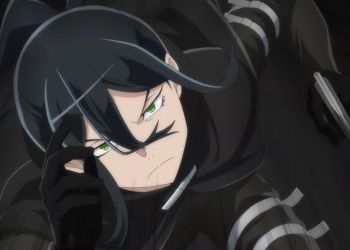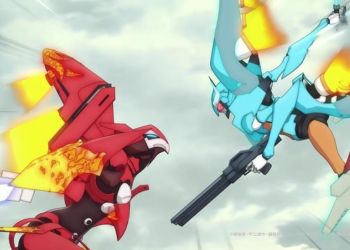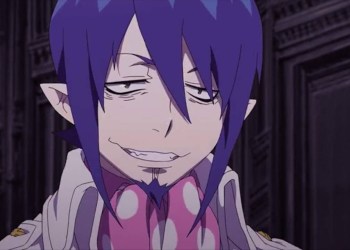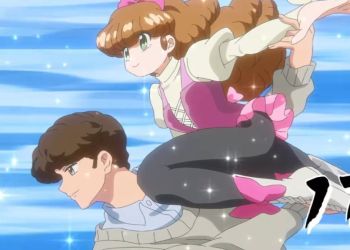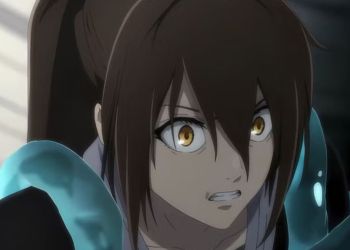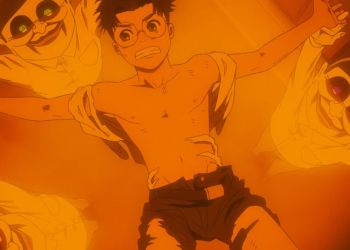Which manga, anime, and films are considered canon in Dragon Ball?
In the otaku community, the question of what is or isn’t canon is a frequently debated topic, whatever the fandom may be.
But Dragon Ball in particular, because it is so vast and long-running, is always under scrutiny when it comes to determining how much of it is canon.
In general, canon is material that directly relates to source material with respect to established events, characters, and timeline, as well as the involvement of the creator.
The source material of Dragon Ball is the manga created by Akira Toriyama, but Dragon Ball has had several releases under its franchise, some having significance to the overarching story, some being written by mangaka Toriyama himself, some both, and some neither.
1. Which Dragon Ball manga series are canon?
The Dragon Ball original manga, including Dragon Ball Z in the West, and Dragon Ball Super are officially canon since they follow the same timeline and storyline.
While DB is written by Toriyama, DBS is written by Toyotaro. Both are canon irrespective.
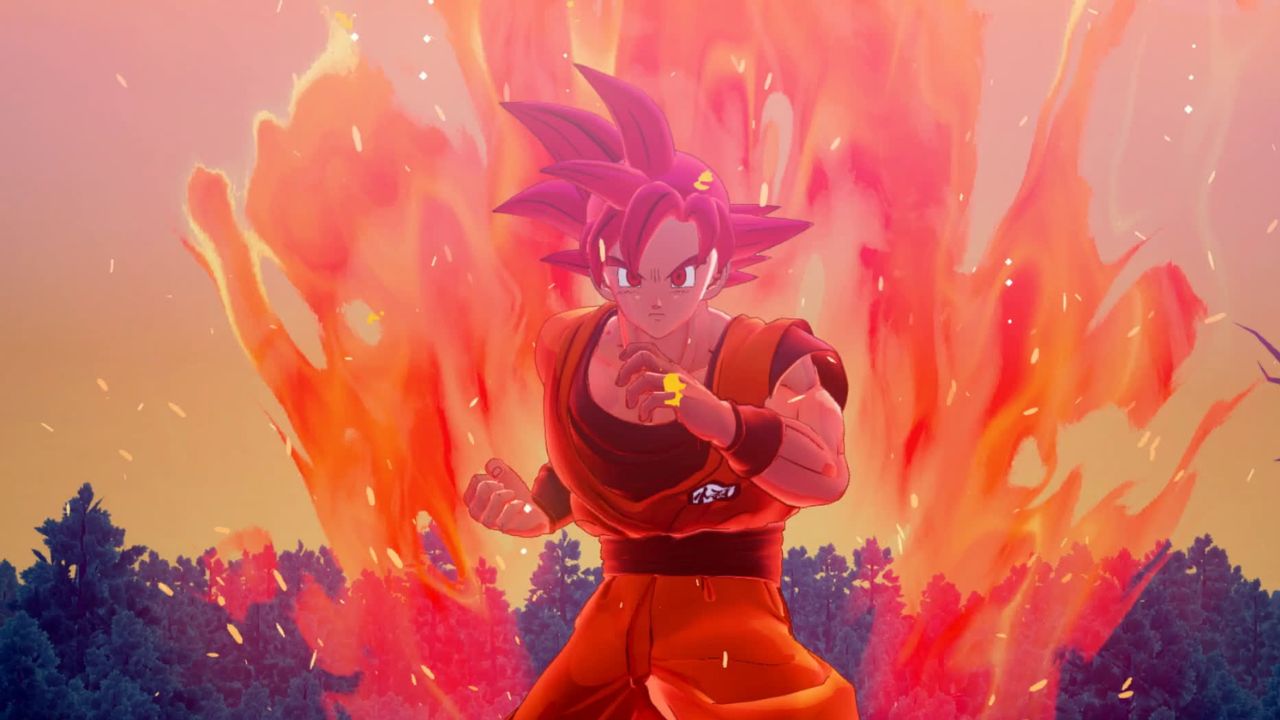
Additionally, the spin-off manga series called Jaco the Galactic Patrolment, which is meant to be a prequel to Dragon Ball, is also somewhat considered canon.
Toriyama himself declared in a 2013 V-Jump issue that it was. Plus, since it was written by Toriyama himself.
2. Which Dragon Ball manga series are not canon?
Dragon Ball manga spin-offs like Dragon Ball: Episode of Bardock and Dragon Ball Side Story: The Case of Being Reincarnated As Yamcha, as well as manga adaptations like Dragon Ball Z: Revival of F, are not officially canon.
They aren’t written by Toriyama and are incidental to the main story.
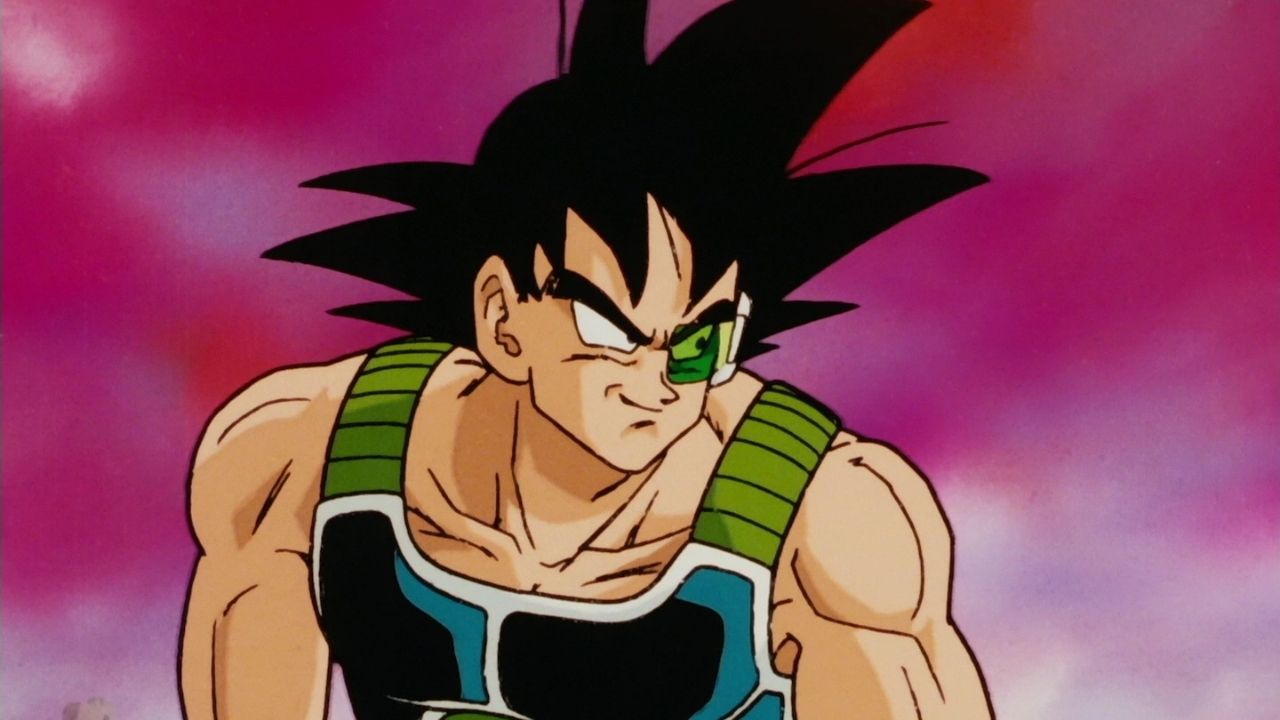
However, there are also some sources that say that DBZ: Revival/Resurrection of F, written by Toyotaro, is a continuation of the original manga and is thus canon.
There are also crossovers and spin-offs that are in fact written by Toriyama but aren’t considered canon; these include Neko Majin and the final chapter of the Jaco the Galactic Patrolment series: Dragon Ball Minus.
Some might say that these are canon, but as you probably know by now, canon in Dragon Ball is quite frankly, subjective.
There are no official rules on what is canon and what isn’t; all it depends on, is what definition of canon you follow, and the logic you apply to the Dragon Ball releases.
3. Which Dragon Ball anime series are canon?
The Dragon Ball, Dragon Ball Z, Dragon Ball Z: Kai, and Dragon Ball Super anime series are officially canon since they directly adapt the source material of the manga.
The thing to remember here is that there are also major chunks of the anime that aren’t represented in the manga, but this doesn’t mean that they aren’t canon. Since it all follows the same story, the same timeline, it is canon.
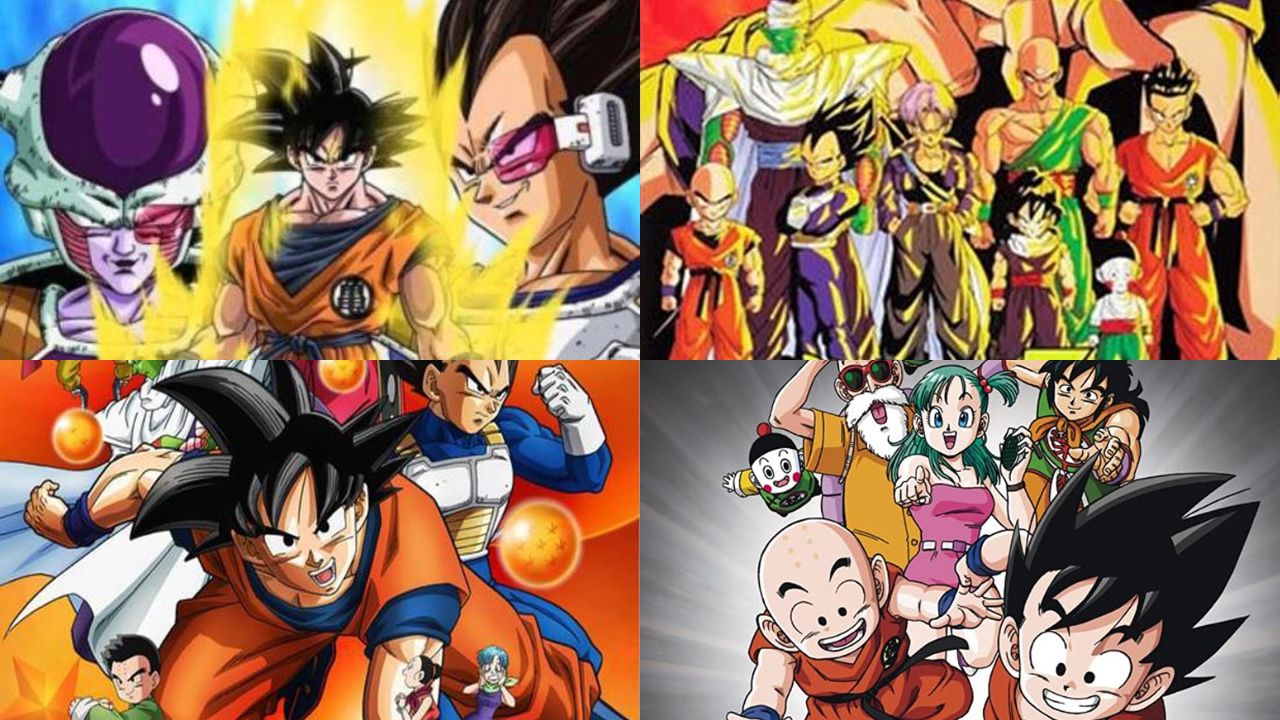
If you want to get technical, you can say that those particular events that didn’t happen in the manga are canon to the anime but not to the manga.
For example, there is no Dragon Ball Z manga – it’s an only-anime series particularly released for the western audiences which adapts events from the original Dragon Ball manga but also heavily includes content that is only original to the anime.
Dragon Ball Z: Kai is the version of Dragon Ball Z that gets rid of the fillers or the bits that were freshly created, and is truer to the manga than DBZ.
But both DBZ and DBZ Kai are canon.
4. Which Dragon Ball anime series are not canon?
Dragon Ball GT and Dragon Ball Heroes are the series that are not considered canon. Toriyama had nothing to do with Dragon Ball GT or Heroes, and they take place in alternate dimensions.
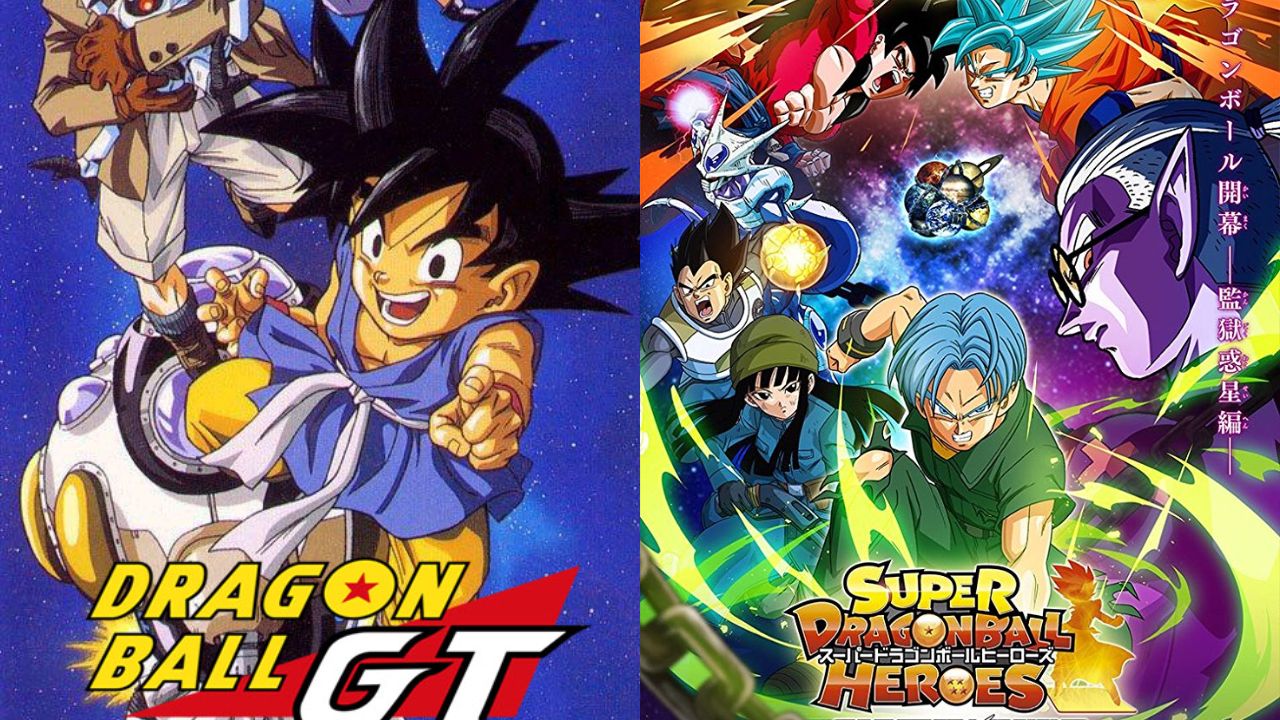
DBGT is an alternate storyline to DBS. If DBS hadn’t happened, DBGT would be the sequel to DB or DBZ. But DBGT has no mention of Super Saiyan Blue, Beerus, Whis, and other universes. It has its separate timeline. If there is one series that is clear-cut non-canon, it’s DBGT.
DBH was released in the form of a net/web series as promotional content for the corresponding video game, neither of which are canon.
All other television specials, original video animations (OVAs), and shorts are also non-canon. This includes DBZ side stories like Plan to Eradicate the Saiyans, Bardock – The Father of Goku, and A Hero’s Legacy.
How to Watch Dragon Ball Universe anime? Easy Watch Order Guide
5. Which Dragon Ball movies are canon?
None of the Dragon Ball movies are officially canon. But due to statements released by Toriyama in V-Jump and his involvement in the movies,Dragon Ball Z: Battle of Gods, Dragon Ball Z: Resurrection F, Dragon Ball Super: Broly, and Dragon Ball Super: Super Hero are partially canon.
Let me explain.
DBZ Battle of Gods (BoG) was specifically released as a sequel to the original series. It covers the first saga of DBS which is the God of Destruction Beerus saga.
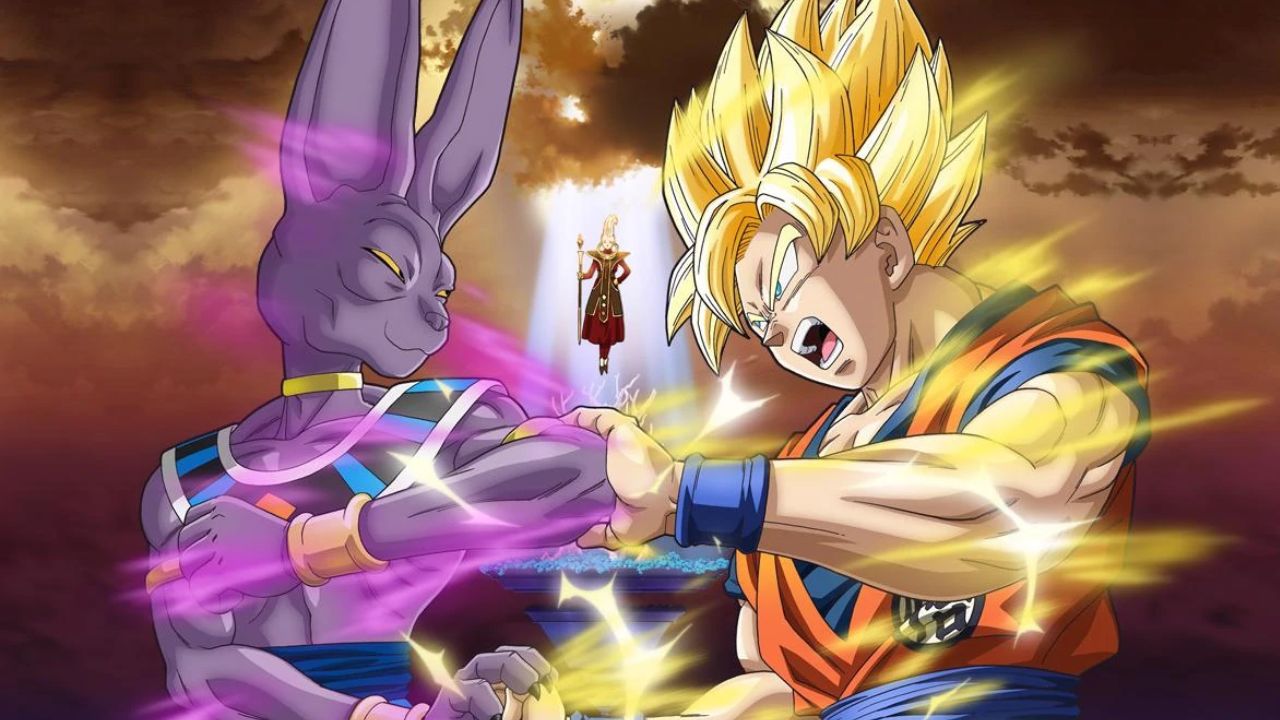
DBZ Resurrection F (RF) covers the next DBS saga – the Golden Frieza saga.
Since the manga and anime of DBS are canon, it should make sense that these two movies are also canon.
It’s similar to how the Demon Slayer Movie: Mugen Train is exactly the same as season 2 and are both based on the Mugen Train arc from the manga.
Basically, you can skip the first 2 DBS sagas and just watch the 2 movies.
But, the canon status of BoG and RF was retracted because apparently the events were retconned in various ways by the DBS manga and anime. They’re still “mostly” canon, at least according to most of the fandom.
Next, we have the highly contested DBS movies, Broly, and the recently released Super Hero. Both these DBS movies were written by the series creator, Toriyama.
After Dragon Ball Super’s Tournament of Power, the story continues in the movies Broly and Super Hero. Broly’s character is the main giveaway to the movies being possibly canon.
Broly was acknowledged in the manga after the movie. He gets a manga appearance in the Galactic Patrol Prisoner saga, chapter 42, where he fights Goku and Vegeta.
Since DBS: Super Hero is the official sequence to DBS: Broly, it can be considered canon if Broly is. It takes place after the Granolah arc in DBS and before the 28th World Martial Arts Tournament of the DB manga.
Gohan’s New Beast Form in Dragon Ball Super: Super Hero, Explained!
DBS takes place within the timeskip that happens in chapter 517 of the DB manga. This means that DBS (manga, anime, films) is a prequel to DBZ.
Alternatively, some people consider the 2 DBS movies as canon only to the DBS movies. Broly himself was an anime-only character who was brought into the main series by Toriyama with the help of his movies.
Since Toriyama didn’t write the DBS manga, the most “canon” part of DBS are its movies since they were written by him. Interesting, right?
6. Which Dragon Ball movies are not canon?
All the original 4 Dragon Ball movies, the 13 Dragon Ball Z movies, and the 2 special edition movies, are considered non-canon.
None of them have any involvement by Toriyama and take place in different dimensions from the original story.
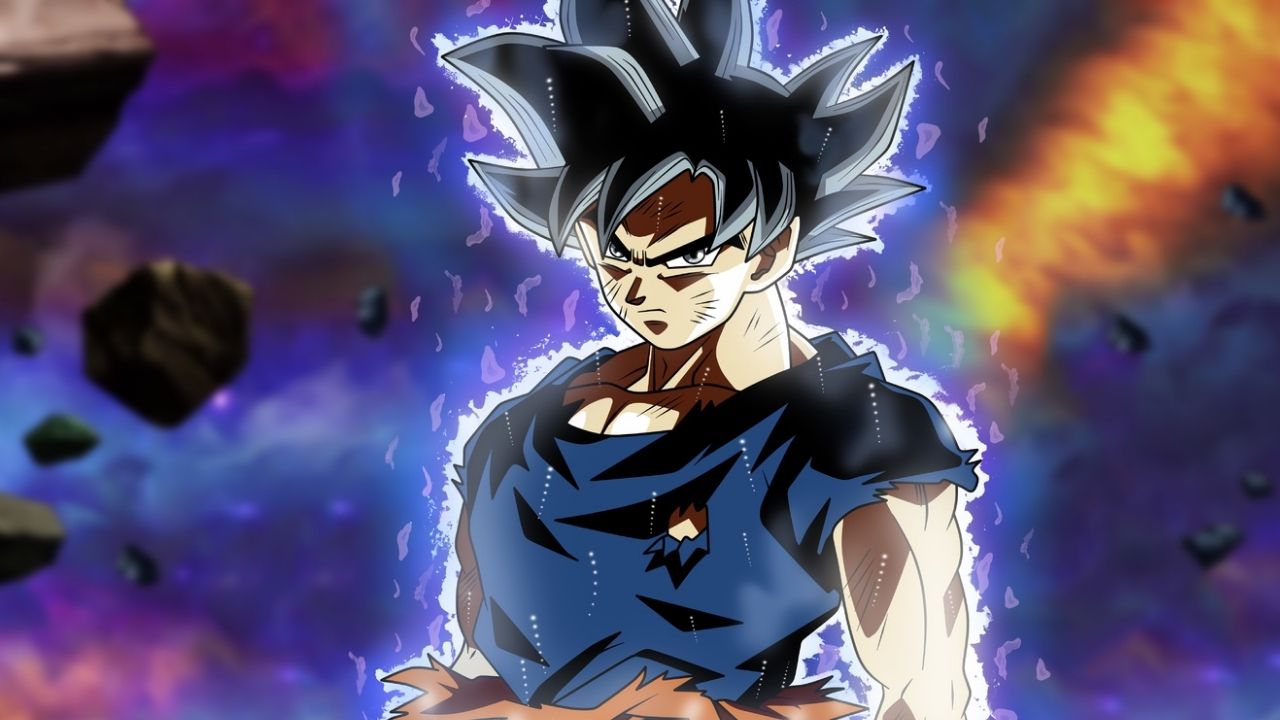
This means that there is no Goku Jr. in canon, nor is there Frieza’s older bro, Cooler. No Pseudo Super Saiyan, no Bio-Broly, no Nazis.
The movies readapt things from the manga and anime and tell a different story.
7. Which Dragon Ball movies are not canon but can fit into the canon timeline?
Dragon Ball Z movies like Dead Zone, Cooler’s Revenge, Broly the Legendary Super Saiyan, Bojack Unbound, and Wrath of the Dragon; DBZ specials like Bardock: The Father of Goku, The History of Trunks; and the film Yo! Son Goku and His Friends Return! can fit into canon.
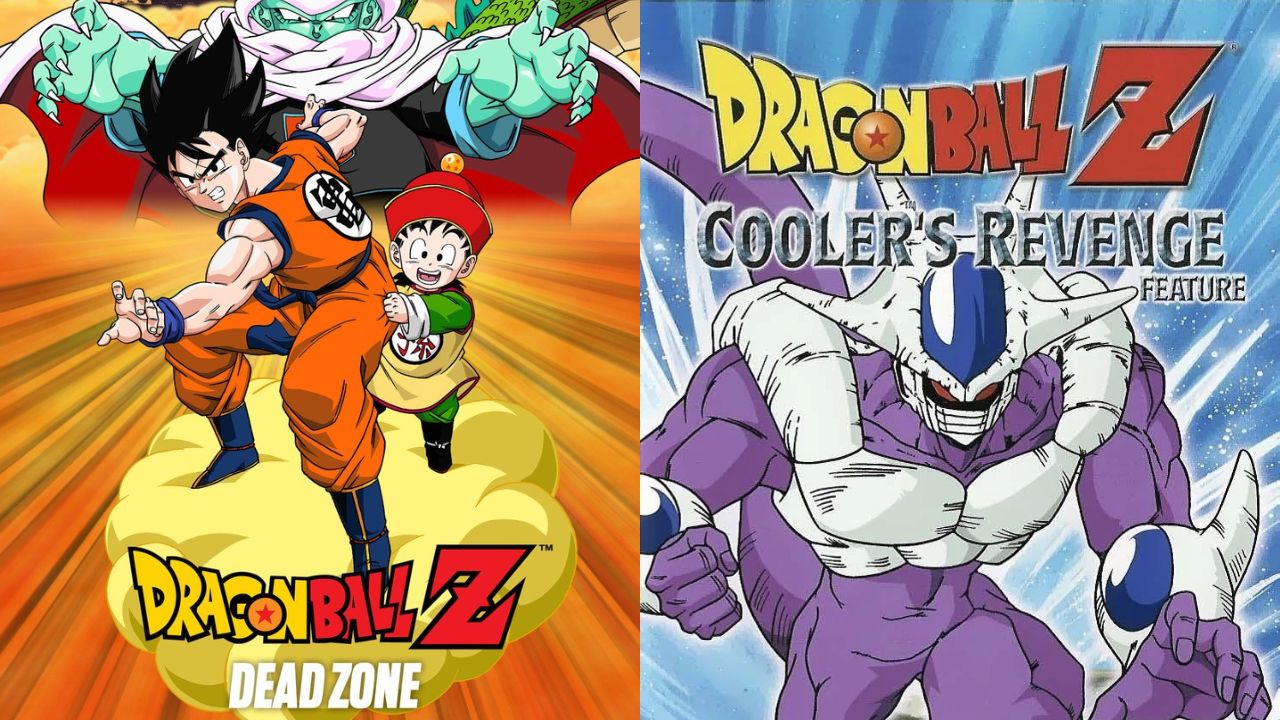
All these movies, if looked at from the continuity perspective, have potential to fit into the canon timeline.
Dead Zone takes place before the Raditz fight and the start of DBZ.
Cooler’s Revenge happens before the Androids’ first arrival. Broly the Legendary Super Saiyan happens before the Cell Games, while Bojack takes place after them.
The Wrath of the Dragon could be after the Majin Buu saga but before the end of DBZ.
As for Bardock, it was confirmed as a what-if story by the creator Naho Oishi but many people consider it in the gray area since Toriyama incorporated him into the manga in Dragon Ball Minus. Also, Bardock is an official character, much like Broly.
The story of Trunks/Future Trunks uses time travel and doesn’t contradict anything in the main series. Yo! Son Goku and His Friends Return! also has no inconsistencies event and timeline-wise and takes place after Buu’s defeat.
However, neither of these films are actually canon. They are all minorly or majorly retconned, or simply negated by official canon.
8. Which non-canon movies should you watch anyway?
The non-official canon movies like Dragon Ball Z: Battle of Gods, Resurrection F, Dragon Ball Super: Broly, and Super Hero, as well as movies that potentially fit into canon like the History of Trunks and the 2 Bardock movies are strongly worth a watch.
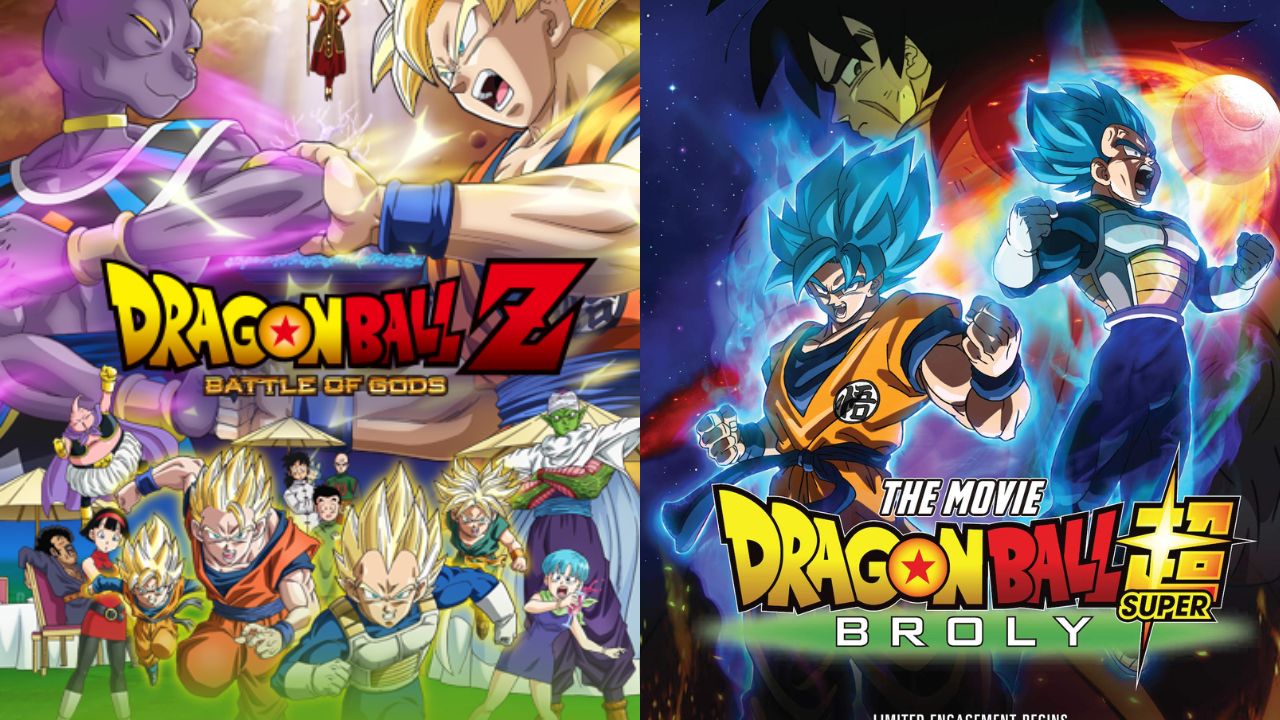
Other favorites include Lord Slug, Dead Zone, and the first Broly film, Dragon Ball Z: Broly – The Legendary Super Saiyan.
If you want to go back to Dragon Ball’s roots, I’d say give the first 3 Dragon Ball original movies a go as well.
9. About Dragon Ball
Dragon Ball, Akira Toriyama’s brainchild, came into existence in 1984. It has spawned several manga, anime, films, and other media adaptations.
The initial series follows Son Goku and his adventures when he was a child. It is here that we are first introduced to Goku as he meets Bulma, Yamcha, and others.
He trains in martial arts and participates in the World Martial Arts Championship for the first time in this series.
Sometimes we include links to online retail stores and/or online campaigns. If you click on one and make a purchase we may receive a small commission. For more information, go here.
